Whether spending the summer in the Hamptons or taking a temporary job in another part of the country, many New Yorkers find themselves leaving the city for a period and choosing to rent out their apartments. It’s important to remember that you’re still responsible for monthly payments during this time, making subletting an attractive option. Before listing your apartment for rent, be sure to familiarize yourself with the legalities and logistics to ensure a smooth and successful rental experience.
In this article:
The legality of sublets
If you’re leaving town and looking to sublet for fewer than 30 days, we’re sorry to say that you may be out of luck: New York State and City laws prohibit this venture. Platforms like Airbnb remain legal in New York City, but such units must be registered with New York’s Short-Term Rental Registration Portal as per Local Law 18.
If you are going to be away for a month or longer, the city and state allow you to sublet your apartment. However, what your building allows you to do is a different matter.
Co-op owners
For co-op owners, the answer depends on the board. Some boards may outright prohibit sublets, or not allow them to take place until the owner has lived in the building for a certain amount of time. Still others allow subletting from day one, but may insist on approving subletters almost as strenuously as they do the main shareholder.Condo owners
Condo owners have more leeway with subletting than their co-op counterparts, but that does not mean they get total carte blanche. Some condo boards will simply want to be informed of your plans, while others might want to meet candidates and have the authority to accept or deny them.Renters
If you’re a renter, the situation is a bit more complicated. The NYC Rent Guidelines Board says that most renters are “entitled to request permission to sublet from the owner, and the owner may not unreasonably refuse such permission.” However, the guidelines further state that the renter must “inform the owner by certified mail, return receipt requested, no less than 30 days prior to the proposed subletting.” Moreover, the request must contain a) the term of the sublease; b) the name of the proposed sublessee; c) the business and permanent home address of the proposed sublessee; d) the reason for the sublet request; e) your address for the term of the sublease; f) written consent from any co-tenant or guarantor on the lease; and g) a copy of the proposed sublease (along with a copy of your lease, if available) acknowledged by the tenant and subtenant as a true copy of the sublease.During the 30-day notice period, landlords may request additional information or documentation regarding your sub-tenant. If 30 days pass and the landlord does not say anything, you can legally assume they have granted approval by default and can move forward. You can also proceed if the owner “unreasonably withholds consent to sublet,” though this may prove more trouble than it’s worth.
The logistics of sublets
The legality of home swaps
Unlike sublets, home swaps fall into a gray zone. It all comes down to how one interprets the law. One might say that if someone is in your unit when you’re not there, it is a sublet. Someone else might argue that as long as no money has exchanged hands, it is not a sublet. For this reason, in New York City, one should always proceed with caution when home swapping but not necessarily rule it out.
As a rule, if you own your own home—for example, a townhouse in Park Slope—you can do whatever you like for whatever period of time. If you own a co-op, you should definitely still check with your board. While the board may be flexible, most co-op boards will want to know who will be occupying your unit while you’re on vacation. In addition, some co-ops may place time limits on home swaps (e.g., only permit home swaps for up to two weeks). Condo residents may or may not face similar restrictions.
Again, when it comes to home swaps, renters will generally face more restrictions than owners. That said, according to New York State law, home swaps are technically legal. If you live in a class A dwelling (i.e., any building with three or more units), according to the New York Multiple Dwelling Law, the “incidental and occasional occupancy of such dwelling unit for fewer than thirty” is legal provided “the permanent occupants are temporarily absent for personal reasons such as vacation or medical treatment” and “provided that there is no monetary compensation paid to the permanent occupants for such occupancy.” In other words, a renter can do a home swap, provided it is less than 30 consecutive days in length. Still, renters are strongly advised to only proceed if they have first informed their unit’s owner and/or their management company, informed their neighbors, and if they live in a co-op or condo, received permission from the building’s board.
Is it worth it?
Every year, thousands of New Yorkers enjoy the payback from swapping and subletting their homes. But how do you know whether yours will be worth it?
To answer this question, you first need to consider all the potential risks. If you’re worried that your decision to sublet may cause damage to your home, building, or long-term relationships with your neighbors or co-op board, you may not want to sublet or engage in a home swap. The short-term financial gain won’t be worth it if you create long-term problems in the process. Likewise, if you’re a renter and there is any risk your sublet might lead to an eviction, don’t do it. Even if you don’t love your current apartment, bear in mind that an eviction will tarnish your reputation as a renter and may impact your ability to rent in the future.
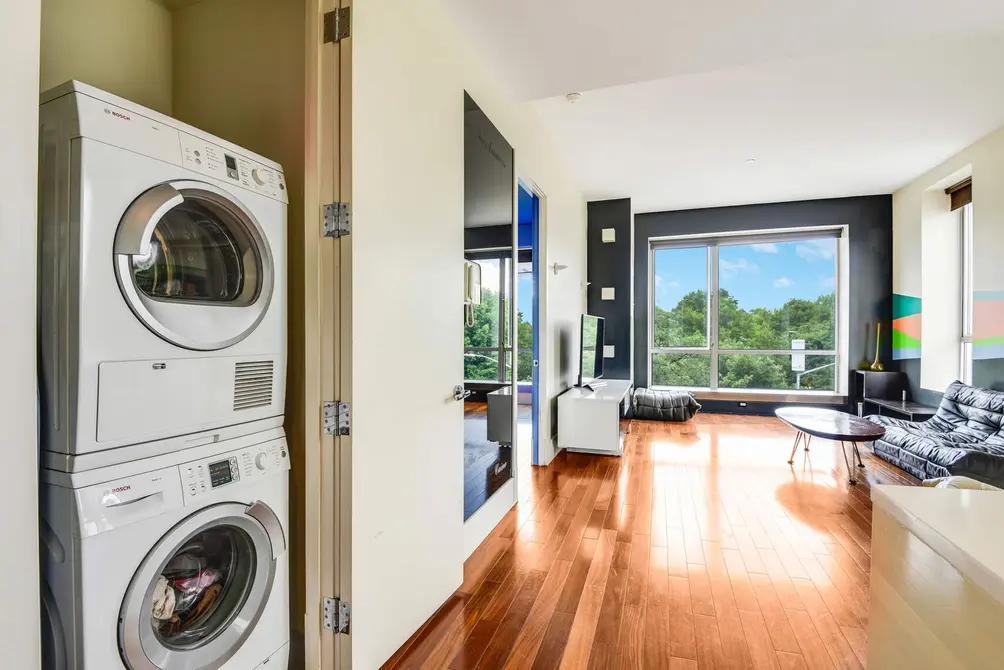 50 Bayard Street, Unit 3H
50 Bayard Street, Unit 3H
The Bottom Line
Available rental sublets in condominium buildings with open houses this weekend
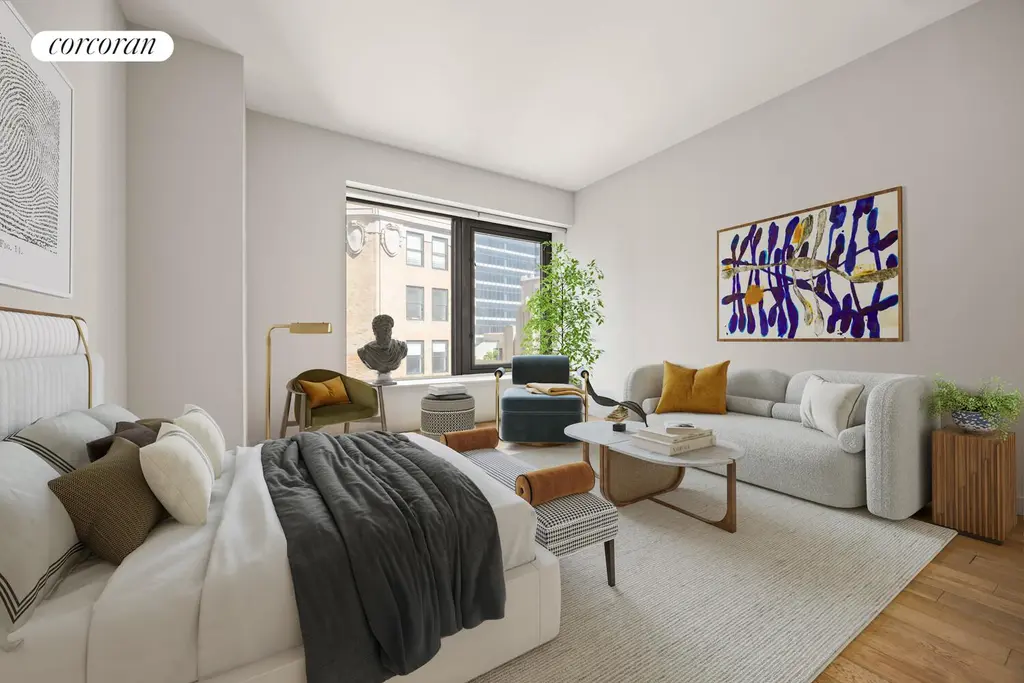
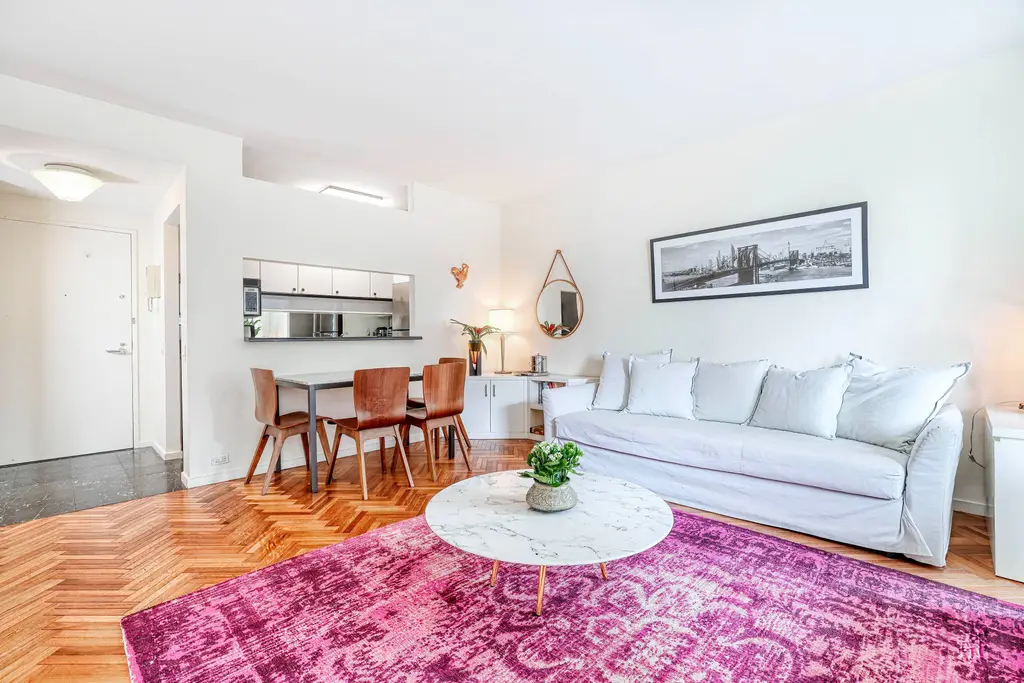
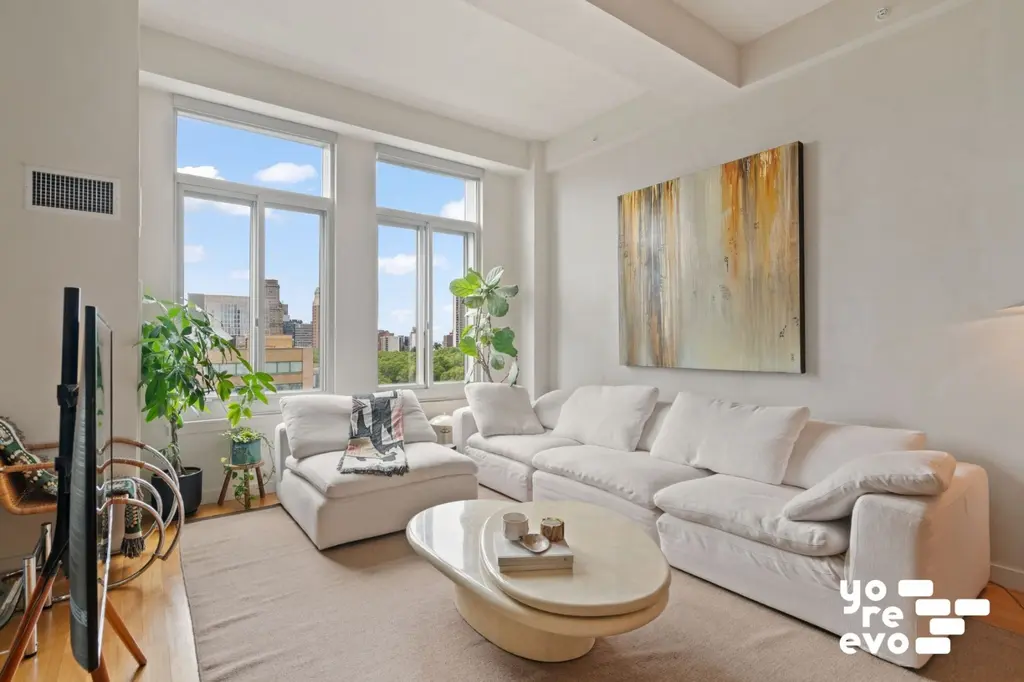
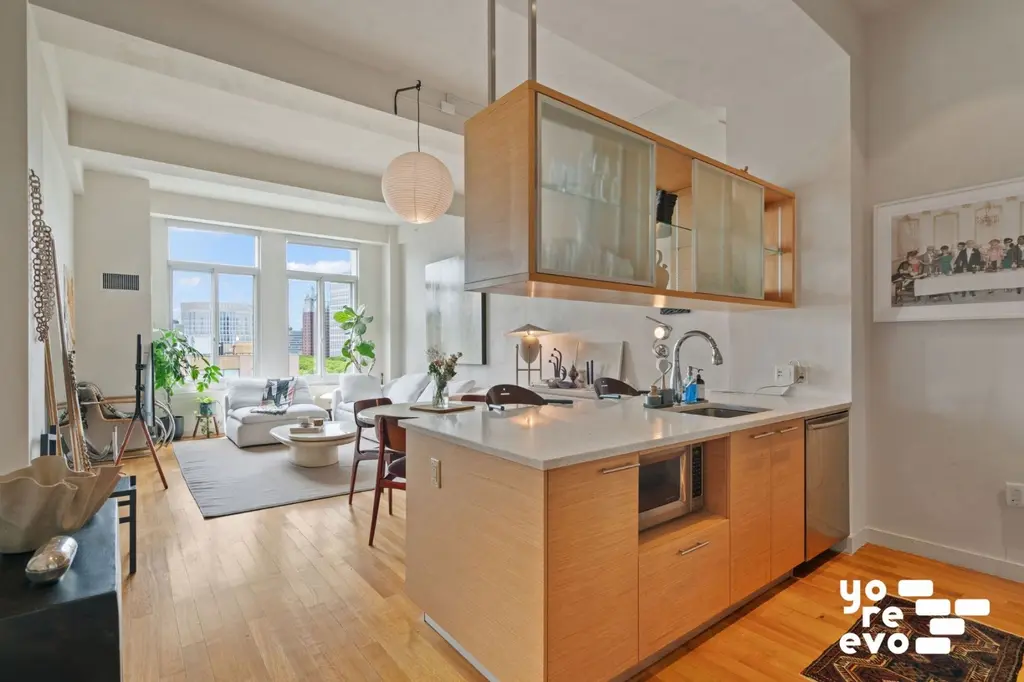
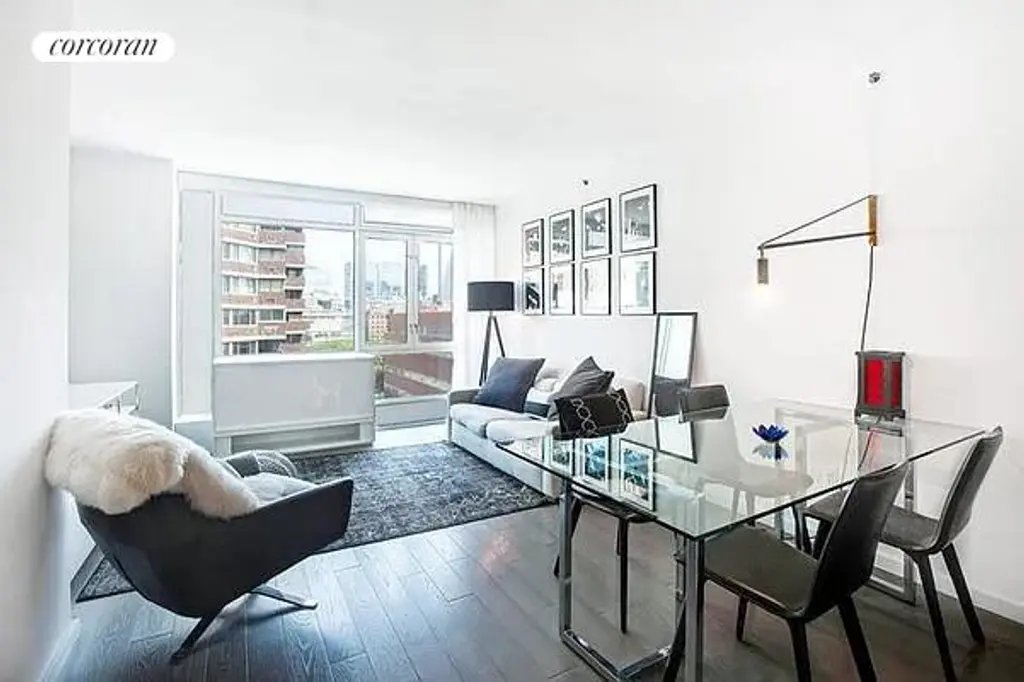
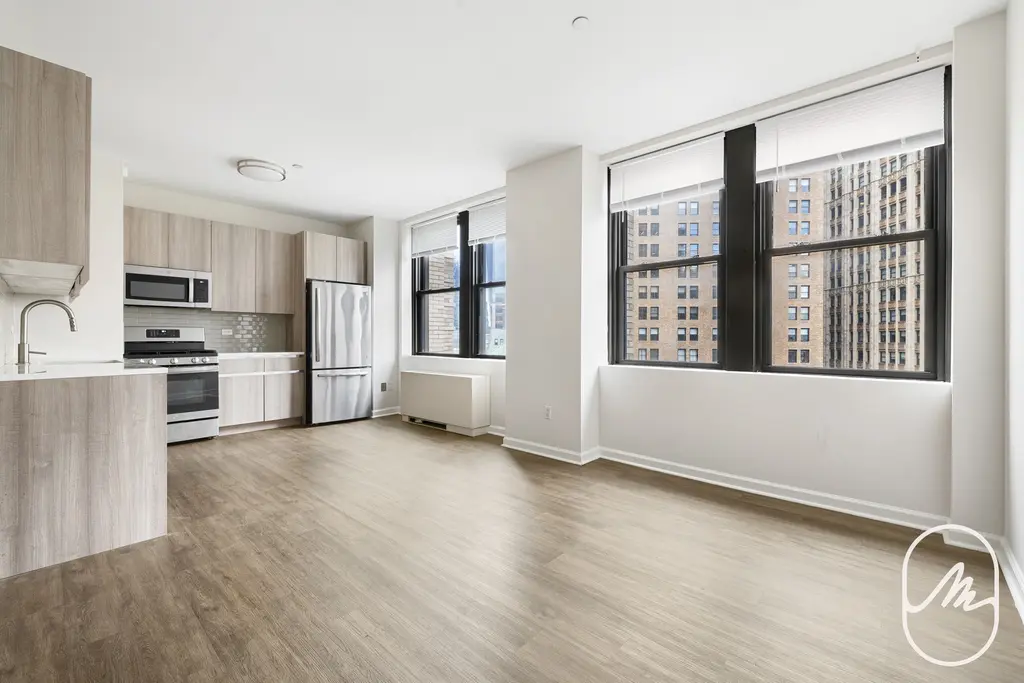
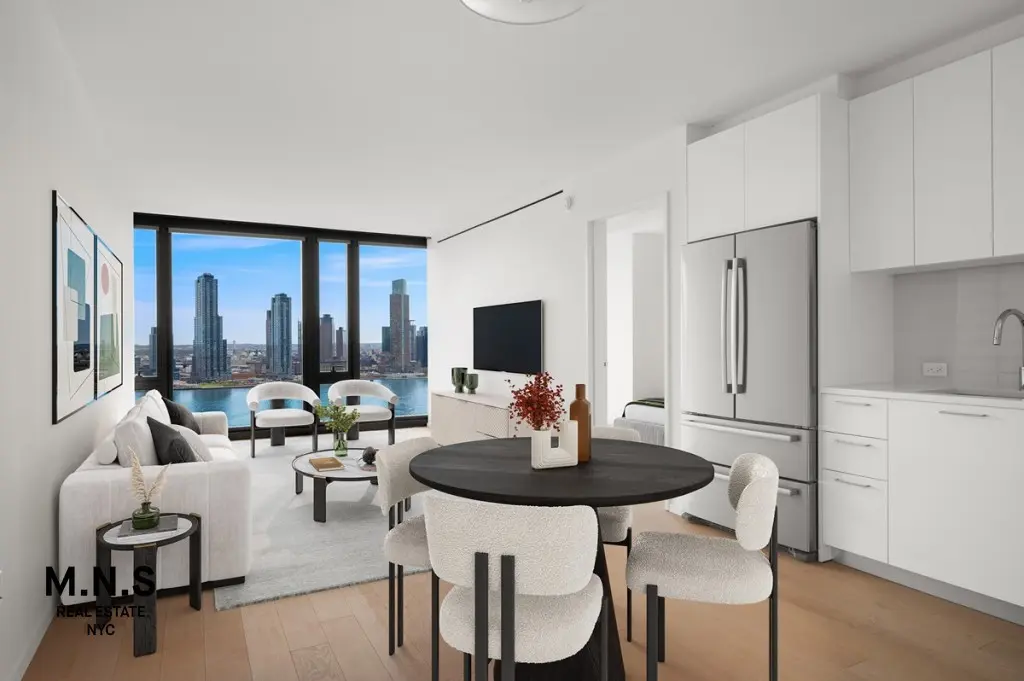
The Residences at 400 Fifth Avenue, #31G
$6,000
Midtown West | Condominium | 1 Bedroom, 1.5 Baths | 779 ft2
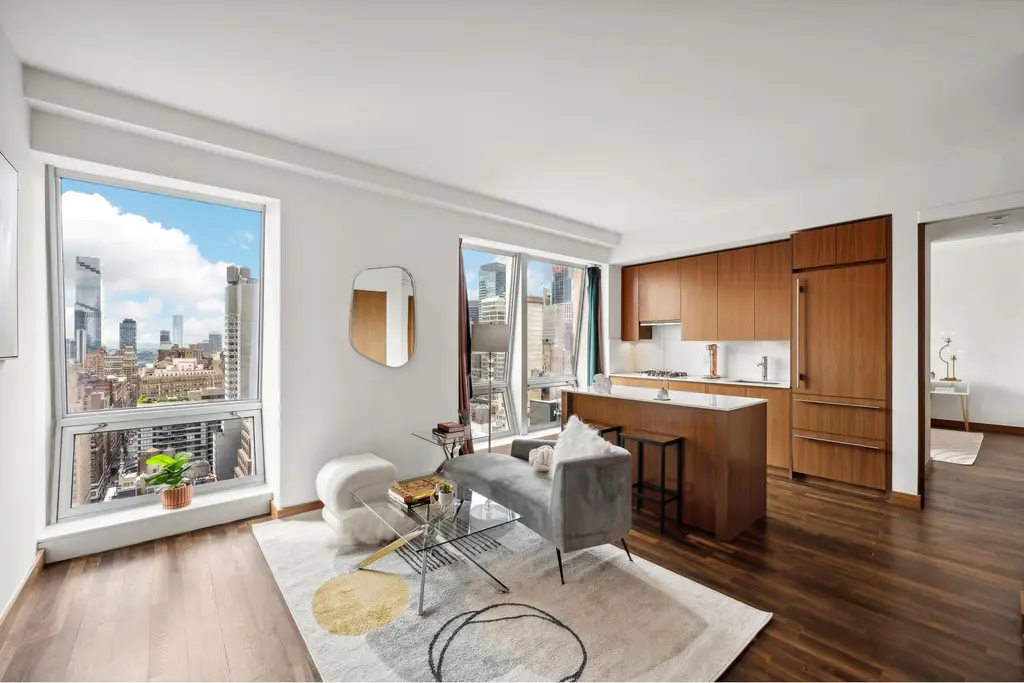

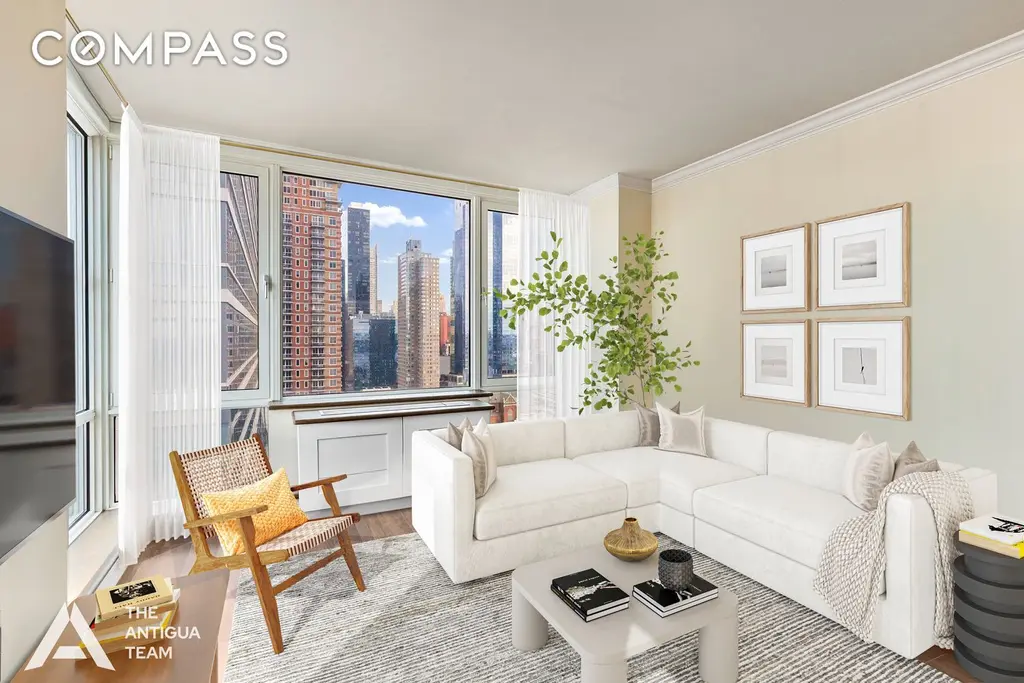

Avery, #18B
$8,700 (-8.4%)
Riverside Dr./West End Ave. | Condominium | 2 Bedrooms, 2 Baths | 1,197 ft2
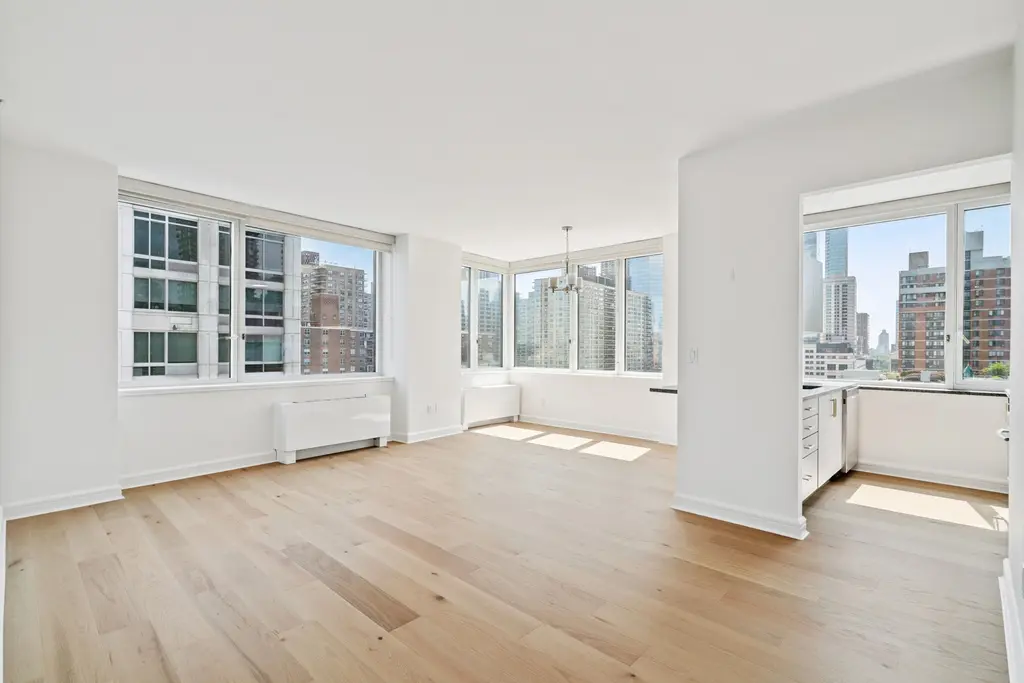
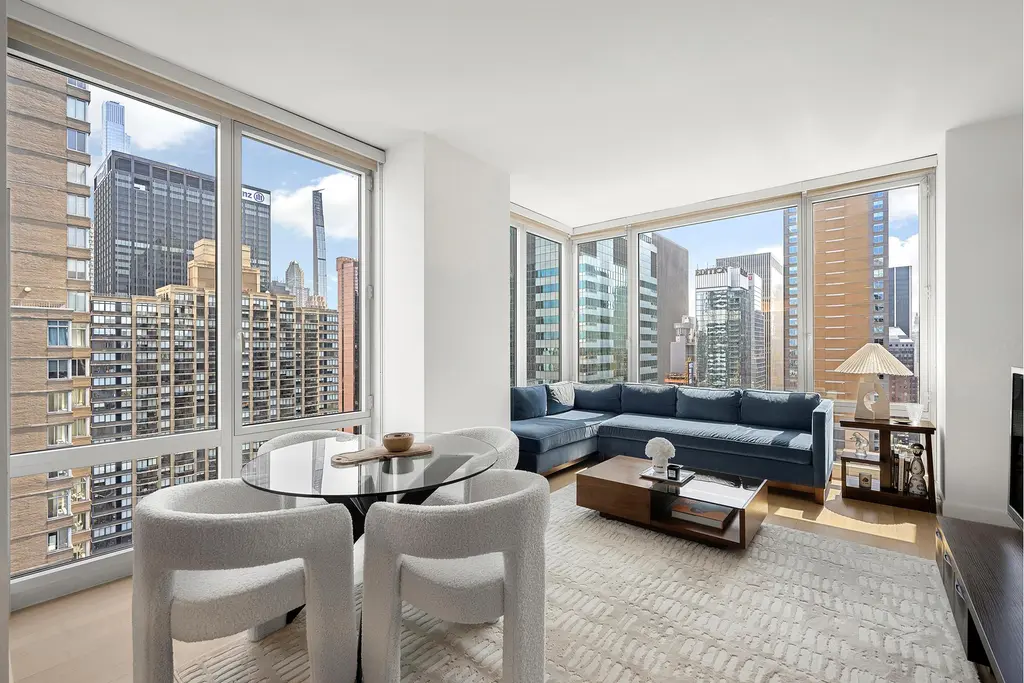
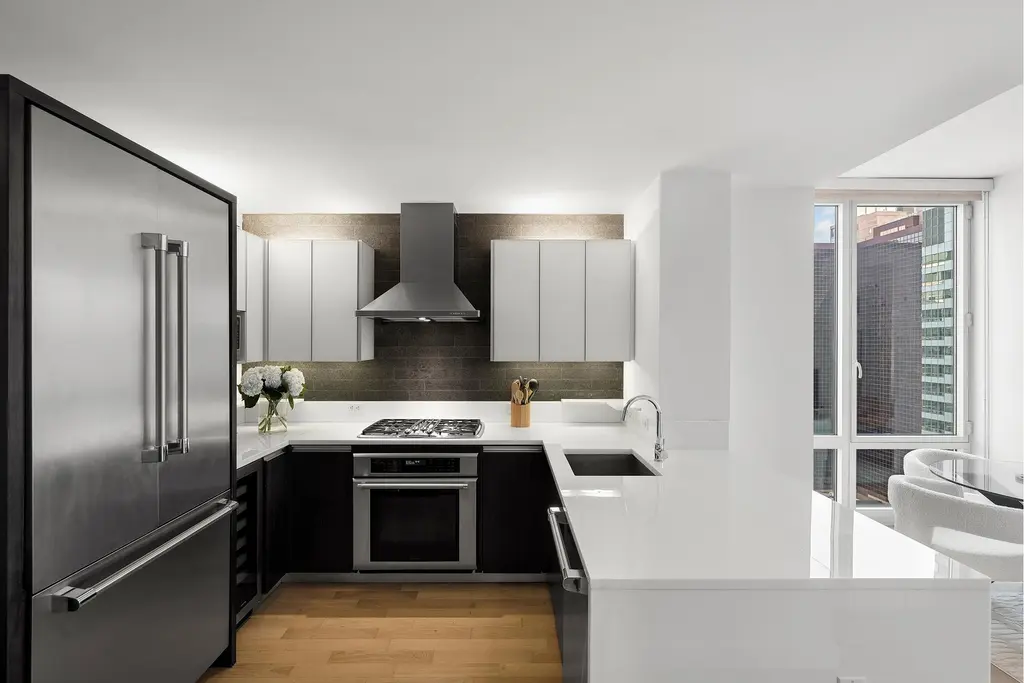
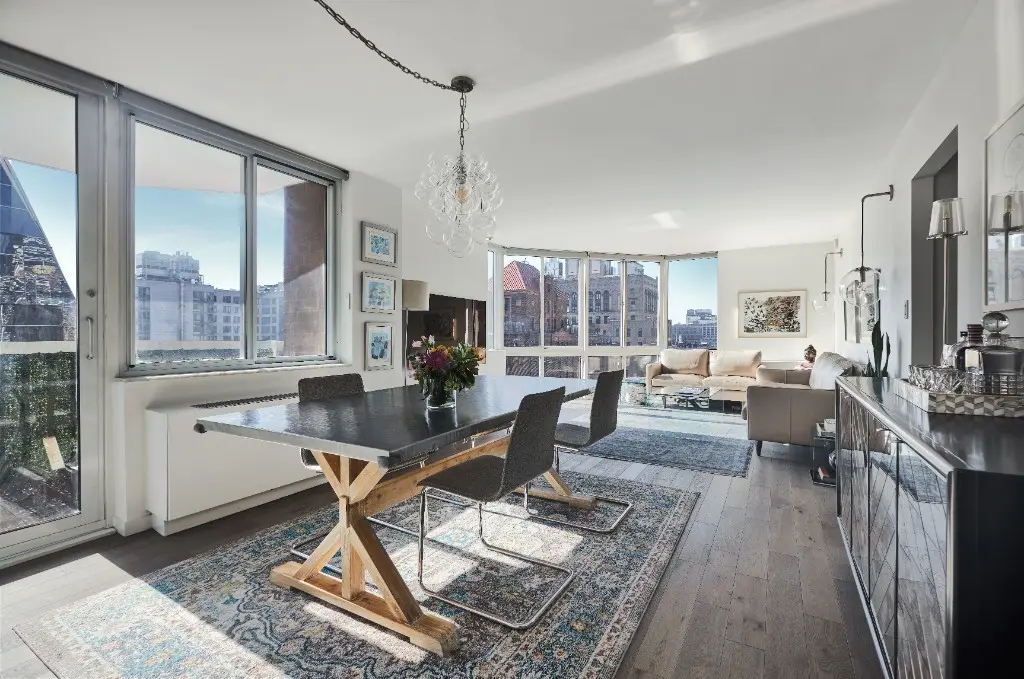
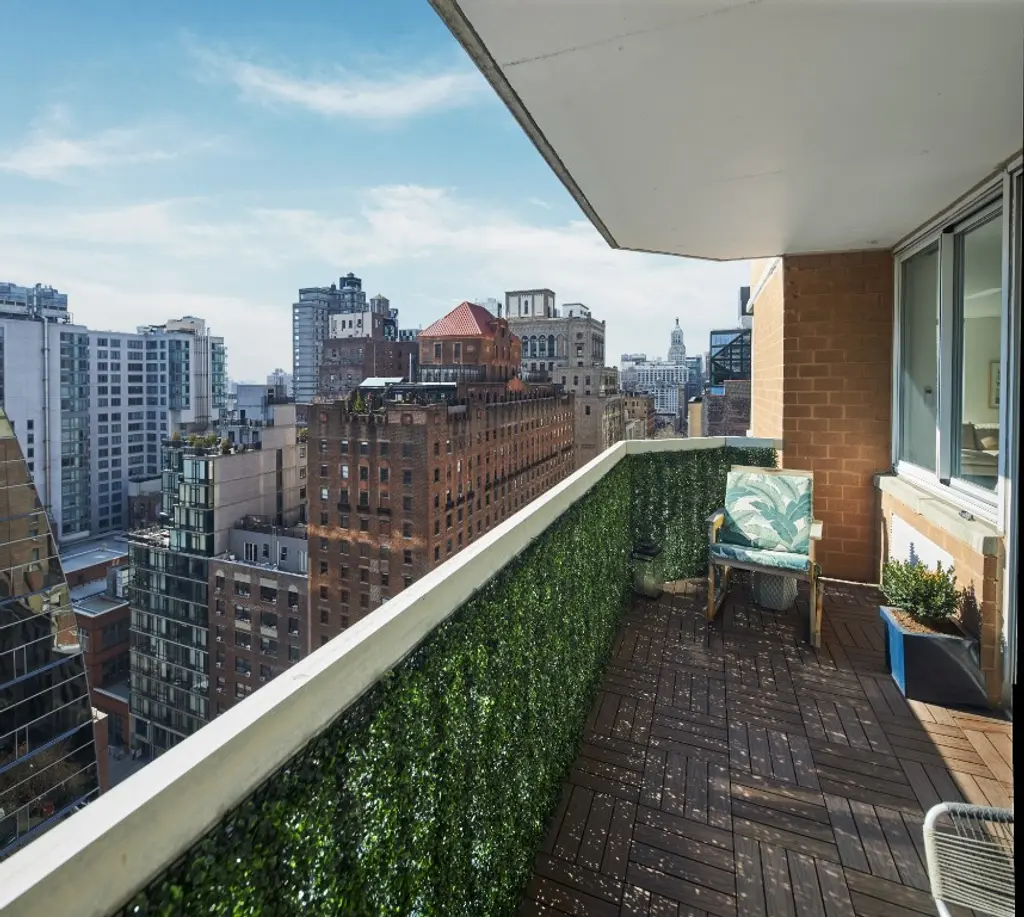
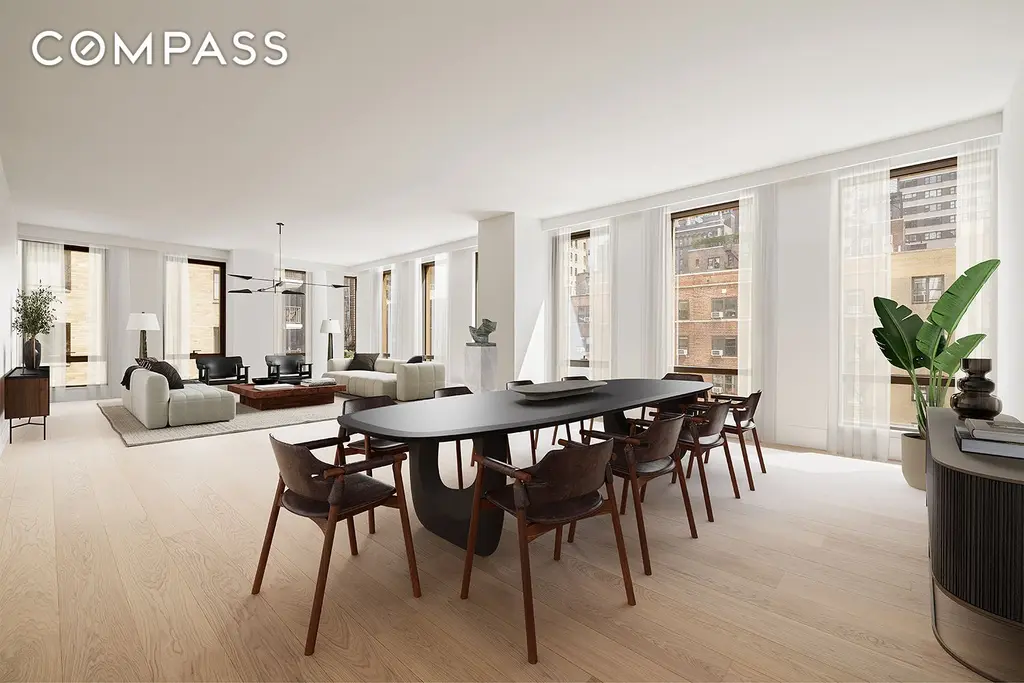
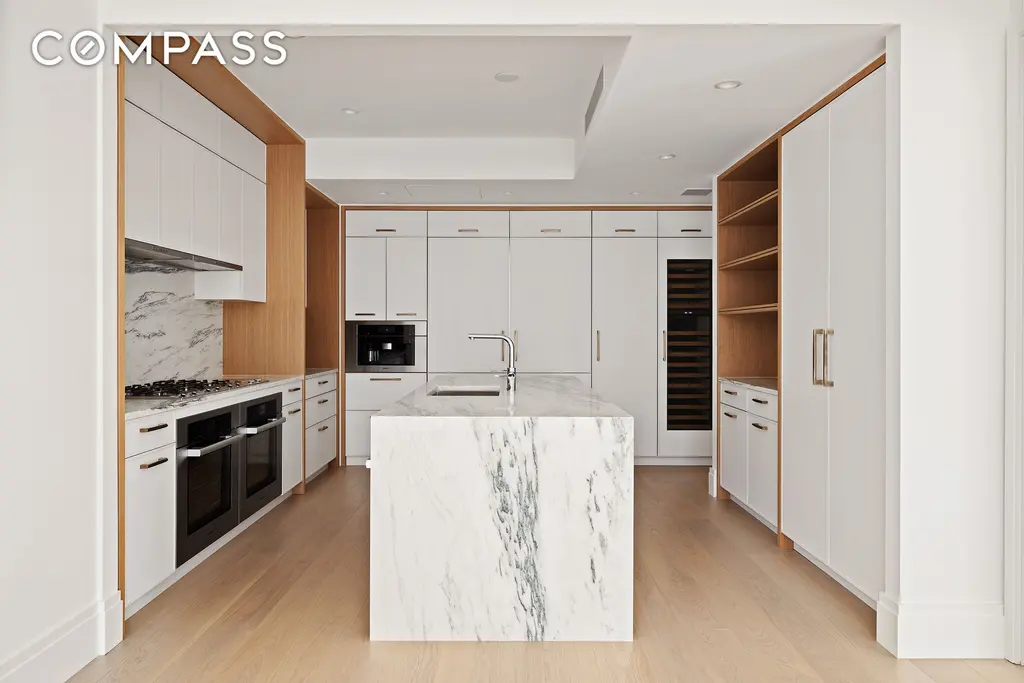




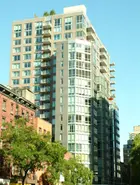





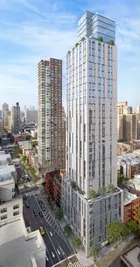
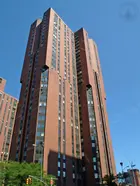
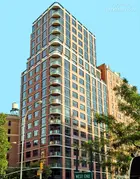
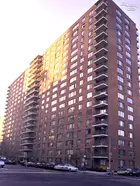
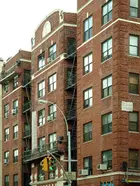

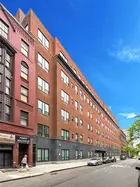

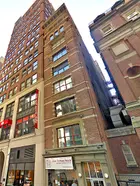





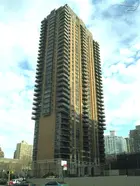





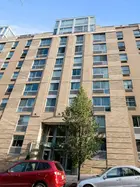
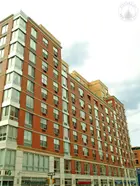

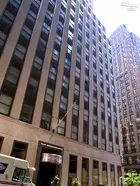
 6sqft delivers the latest on real estate, architecture, and design, straight from New York City.
6sqft delivers the latest on real estate, architecture, and design, straight from New York City.
